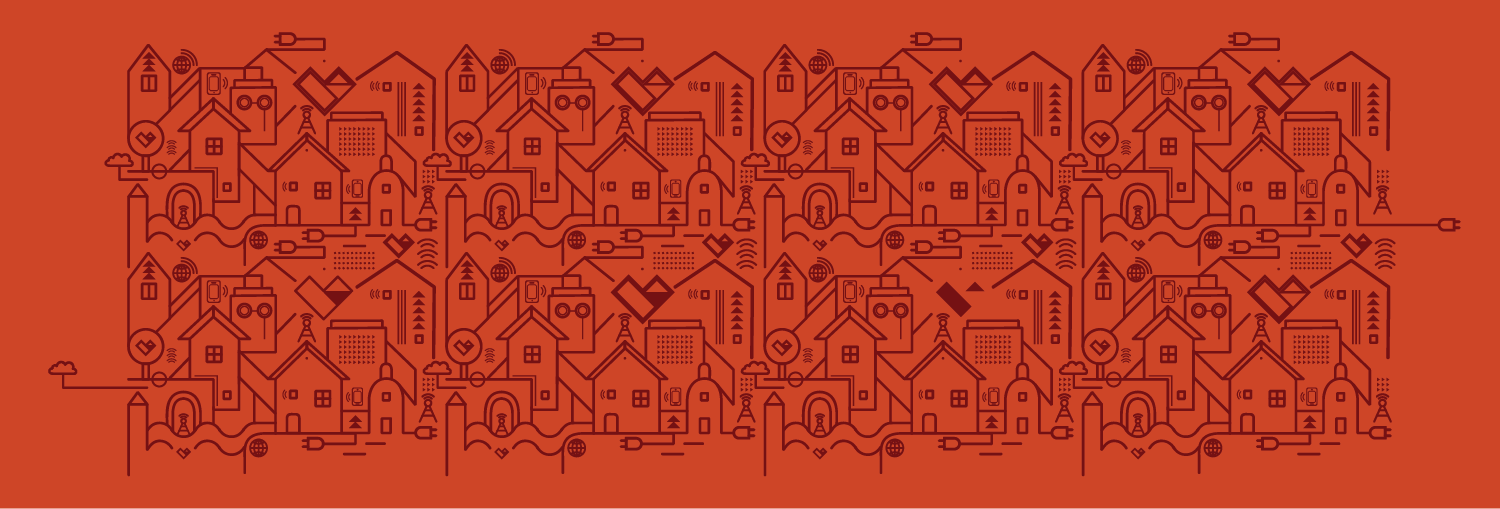Buffer and AngelList researched the state of remote work for 2020. From their results, they identified multiple key struggles of remote workers. We decided to provide some answers.
At madewithlove, we have been working remotely for the last decade and we are happy to help our clients with shifting towards a remote-friendly era. We strongly believe that the remote mindset is valuable for any company, even for the non-remote companies. Yet, we noticed some people are still hesitant about making the switch. That’s why we’ve decided to create this series about the strugglers of remote workers.
This is part 2 of a series about the top struggles of remote workers. We asked our team how they handle loneliness. Here’s what they said:
Play video games online with friends — Maarten Scholz
Creating connections with others outside of work is an essential way to prevent cabin fever. Playing games online, joining a sports team, or hosting a weekly event are great ways to stay connected with humans.
In the afternoon, I go to a coworking space where some friends are and work from there a few hours. — Kaio Brito
Humans are social creatures. If you know others that work remotely in your city, consider getting a shared office or joining a coworking space. Having a little social contact each afternoon is a great way to attack loneliness.
If I have to run errands, I try to do those during lunch hours so I have some time outside among other people. — Bert Ramakers
Everyone has errands to do. By scheduling some during the day can you feel a bit more connected to society as a whole. Rather than going to the supermarket 10 minutes before closing when it’s a barren wasteland, try going during slightly busier times. Plus you’ll catch some rays to help with that vitamin D deficiency and the winter blues.
I’m lucky that my closest friends live nearby so we often meet to have a drink after work. — Aukje Goderis
It really comes down to having a tight knit group of friends outside of work. Although you’ll form bonds with your colleagues that work remotely, it won’t necessarily be the same as ones you’ve had with other jobs. In order to account for this, you’ll need to form friends through other means such as classes, hobbies, or volunteering. Build a safety net locally to help satisfy the need for social connection.
I hope these tips helped. Our next post on Not being able to unplug.
Other interesting articles about working remotely
- Struggles of remote work, part 1: Collaboration & communication
- Struggles of remote work, part 4: Distractions
- Why is everybody wearing headphones?
- Which tools should you use to successfully work from home
- Working remotely: a new user’s perspective.
- Keeping your team healthy and more productive using remote work










Member discussion